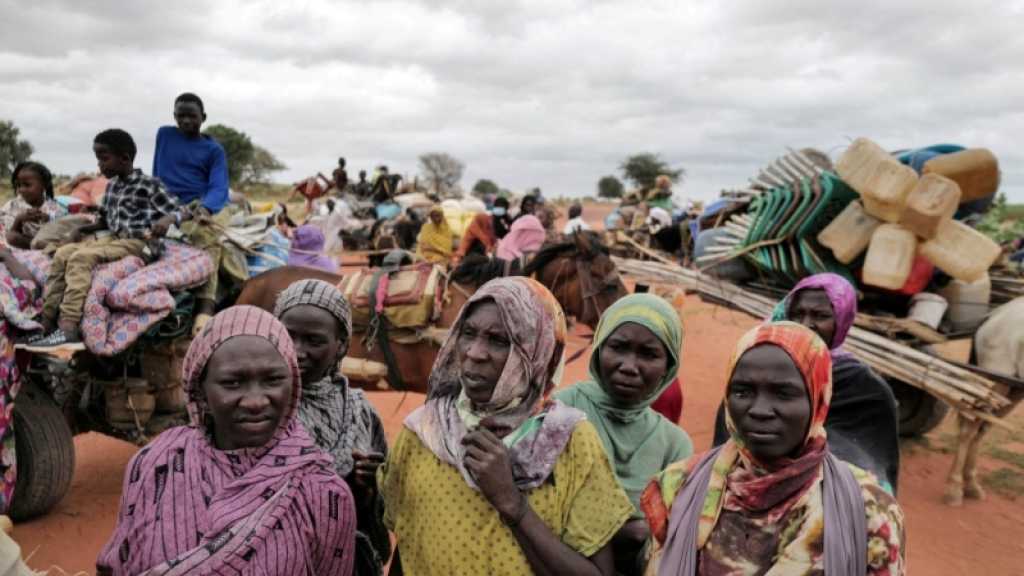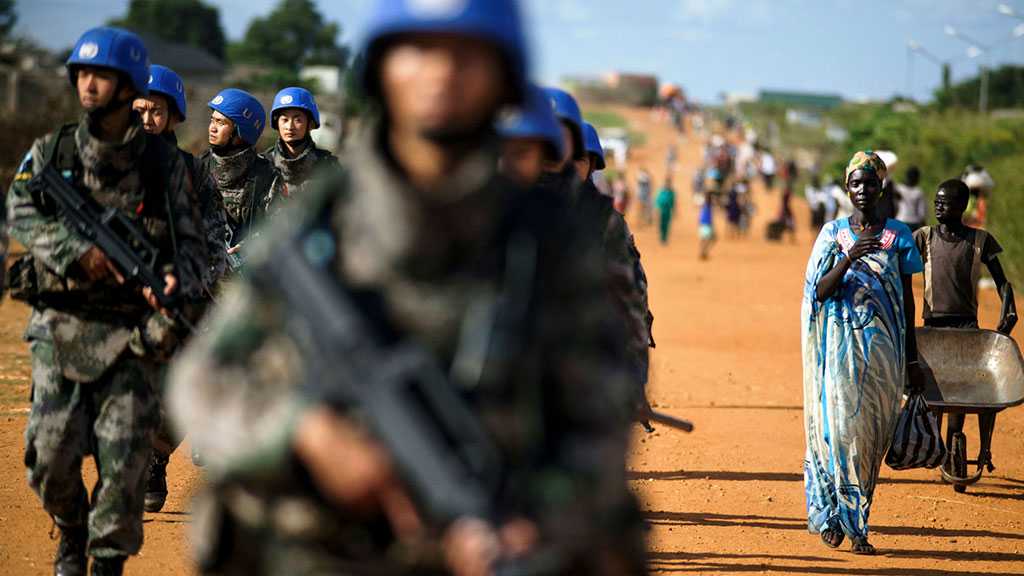UNHCR: Over 1.8 Million People Expected to Flee Sudan By End of Year

By Staff, Agencies
The UN refugee agency says more than 1.8 million people are expected to flee war-torn Sudan by the end of 2023, adding that one billion dollars is needed to meet their needs.
The UNHCR's Monday estimate for those fleeing violence in Sudan was about double what the agency had projected in May shortly after the conflict began. The figure was also 600,000 higher than its interim estimate for refugees.
The UNHCR and 64 humanitarian and national civil society organizations also appealed for one billion dollars "to provide essential aid and protection to Sudanese people who are expected to arrive in five neighboring countries," the agency said in a press release.
According to the report, more than one million refugees, returnees and third country nationals have already left Sudan for Chad, Egypt, Ethiopia, South Sudan and Central African Republic.
Meanwhile, aid group Médecins Sans Frontières said a third of all the people fleeing Sudan, many of whom are sick and exhausted after crossing the White Nile River, have been arriving in a transit center in South Sudan.
It added that others have lost their lives on board the boats during the nearly three-day crossing.
The UN refugee agency also voiced its growing concern about the dire health of the new arrivals and called for urgent attention.
The agency reported increasing malnutrition rates, outbreaks of such diseases as cholera and measles, and related deaths in several host countries.
"It is deeply distressing to receive reports of children dying from diseases that are entirely preventable, should partners have had sufficient resources," said Mamadou Dian Balde, UNHCR's regional refugee coordinator for the Sudan Situation, who added, "Action can no longer be delayed."
He urged the international community to stand in solidarity with host governments and communities and heed the persistent underfunding of humanitarian operations.
"This is crucial to support individuals and communities in need, pending much needed peace," Balde added.
Sudan plunged into chaos after tensions between the army and the paramilitary Rapid Support Forces [RSF] exploded into open fighting on April 15. The conflict has turned the capital Khartoum and other urban areas into battlefields.
Many residents live without water and electricity, and the country’s healthcare system has nearly collapsed.
The United Nations says about 3.5 million people have been displaced as a result of the surge in violence, and another million have fled to neighboring countries.
Last month, the UN warned that millions of people across Sudan are running out of food and are on the brink of famine as the situation in the war-torn country is spiraling out of control.
The violence is estimated to have killed at least 4,000 people, according to UN figures. Activists and doctors on the ground, however, say the death toll is likely much higher.
Comments
- Related News




